An Outsider, brought Inside
Like the feelings we get while exploring a new city, internships require a bit of adjusting to the way things are done in an organisation. Fortunately for me, I happened to start this journey as a visiting Queen Elizabeth Scholar and intern for Development Alternatives (DA) in the weeks leading up to their annual TARAgram Yatra. I had read a bit about this gathering of global professionals before my official acceptance at DA, but being a part of the experience was something entirely different. In a mixed format of dialogue and field visits, I met highly passionate and driven leaders, all keen to tell me about their accomplishments within their respective organisations, and how they were looking forward to contribute to the greater goal of a greener future for India’s emerging economies.
On the first day, looking specifically at one of the thematic areas of the conference, ‘Investing in People’, I participated in a field visit to one of the villages where the TARA Akshar+ literacy programme had been implemented with astounding success. Arriving there, I saw a covered, open-air cement room with a humble rug placed in the center and a dozen beautiful village women sitting cross-legged, some with children in their arms, waiting for the party members to join them. A welcoming sister applied vermilion in the form of a dot on my forehead and I was immediately ushered to sit down. The meeting formally opened with a mesmerizing welcome chant, sung by the representative village spokeswoman in the room. She shared their experience of forming a self-help group, which has made it possible to leverage funds to bring safe and easily accessible water into their village. Not only had they paid back their entire loan within a year of its disbursement, but are also able to charge a small fee for water service into homes now, creating a viable business from which funds can be drawn to support women’s entrepreneurial efforts locally. The significance of this project, for me, is that local needs have been advocated for and supported. The capacity for leadership is immense, and seeing this sort of impact in action helps me appreciate the model that DA has established in this region.
The second day of the TARAgram Yatra divided us into interest groups to tackle a piece of the puzzle in more depth, before bringing action steps back to the group as a whole. There was no shortage of “a-ha” moments that I came across; however, one stood out in particular. It was about language. At a conference pertaining to greening economies, discussing terminology and perspective may not have been at the top of the agenda initially. However, as our working group unpacked the theme of ‘Investing’ in people, it became clear that we must change the words we use, from those that elicit a response associated with expectation of return or monetary gain, to ones that support well-being. This is the kind of foundational thinking that causes movements; the kind of broadening of understanding that prepares all of us to return to our organisations and communities better equipped to solve the impossibly large task of securing a greener future for India and her workforce. It has also helped me, before returning to Canada, to evaluate my biases and seek to embrace empathy for what it truly can provide.
What TARAgram Yatra 2017 has provided for me is a very timely, foundational understanding of the spirit of the professionals who work in this sphere, and a renewed interest in empowerment at the local level. I cannot wait to watch this story unfold. कर भला हो भला.
Ashley Hull
Ashley Hull is an intern from the University of Calgary, Canada conducting a research on Gyanchaupali aspect of the TARAAkshar+ (a computer based literacy programme) being implemented by Development Alternatives.
The views expressed in the article are those of the author’s and not necessarily those of Development Alternatives.


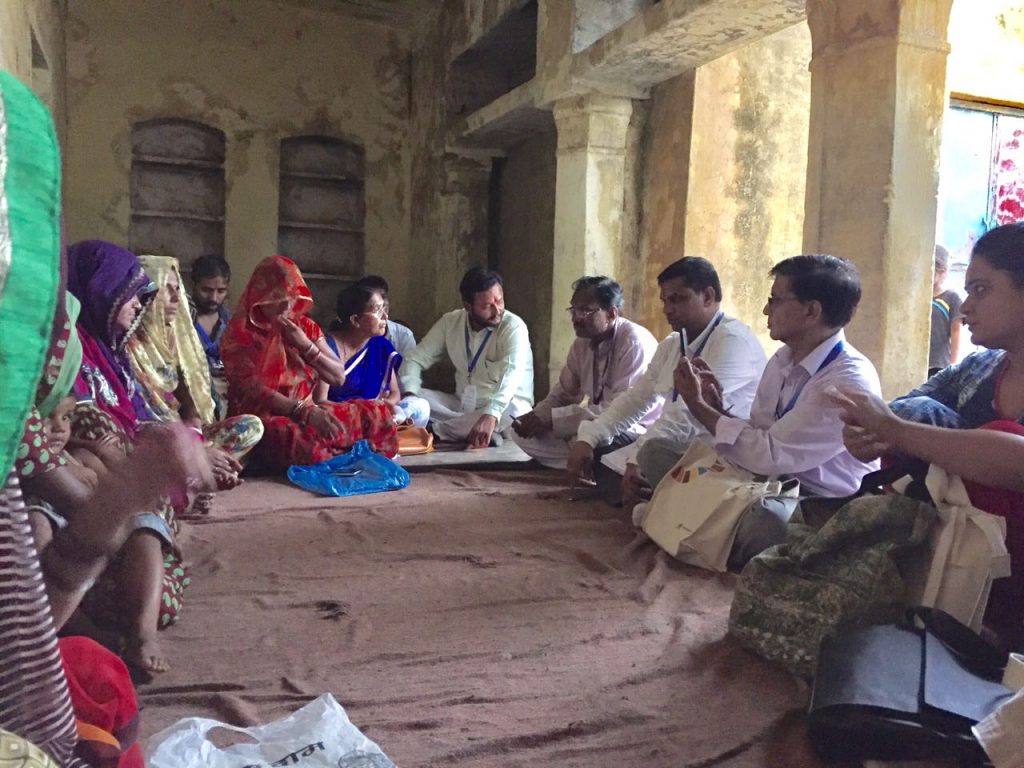
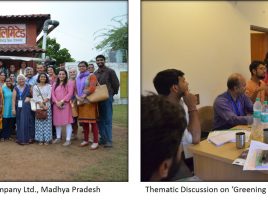
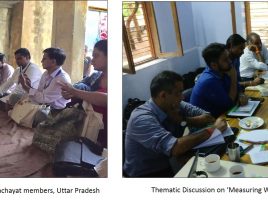
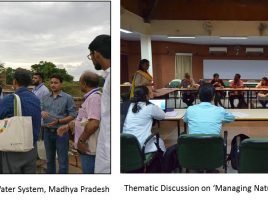
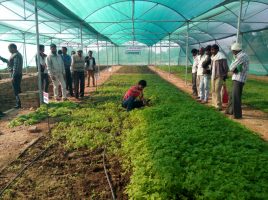
Leave a Reply